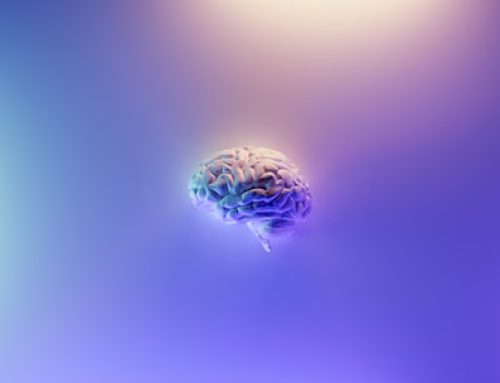 “The wound is the place where the Light enters you.” -Rumi
“The wound is the place where the Light enters you.” -Rumi
Yes, it is “good” to process grief, but often in our society we are given messages such as “get over it,” “it’s time to move on,” or “don’t dwell on the past.” These messages minimize the importance of the bereavement process and when grief is not processed it can lead to more serious forms of emotional disturbance or mental illness.
What is Grief?
Grief is multifaceted and it is the response to the loss of someone or something that one was deeply fond of or loved. One may have feelings of sadness, yearning, loneliness and isolation, loss of control, difficulty concentrating, numbness, guilt, remorse and anxiety. The DSM V (Diagnostic and Statistical Manual of Mental Disorders) makes a distinction between normal grief versus complicated or prolonged grief. “Normal grief is not persistent, not as intense, is not disabling or life-altering and is not experienced as a severe threat by a bereaved individual.”
Types of Loss
This is certainly not a comprehensive list but some types of loss include: death, loss or change in jobs, divorce, personal injury or illness, retirement, moving, life stage transitions in quarter life, mid-life and older adulthood, letting go of a plan or dream, etc.
Stages of Grief
Although there are several who have written about the stages of grief, psychiatrist, Elizabeth Kubler-Ross, was one of the pioneers and she introduced her theory about the stages of grief in her book, “On Death and Dying” in 1969. Before her death in 2004, she and grief expert, David Kessler adapted her 5 grief stages described below in their book, “On Grief and Grieving.”
- Denial: One is often in shock immediately after a loss and denial can help as a temporary defense mechanism to survive feelings of overwhelm.
- Anger: Although there are usually many emotions underneath anger, it tends to be the most dominant after a loss because one may feel abandoned or deserted and it can serve as an anchoring feeling when things may seem confusing or meaningless.
- Bargaining: Guilt is often associated with this stage and one may feel as though one wants to negotiate ways to prevent feeling the pain of loss or prevent further loss.
- Depression: One may have bouts of intense sadness that may feel endless or feel like withdrawing.
- Acceptance: One integrates permanency of loss, finds new meaning in life, new relationships and interdependencies may be formed or engagement in new interests.
Coping With Loss
Everyone grieves in their own way and it can vary dramatically from one person to another depending on one’s background, beliefs and relationship to what was lost. However, generally speaking, some of the steps that can help are to acknowledge one’s loss and look at the ways in which one’s life has changed, to give oneself permission to cry and feel emotions that may arise, to be gentle with oneself and engage in self-care activities, to identify supports and positives in one’s life and to talk about one’s feelings with family, friends or talk with a psychotherapist or healing professional.





